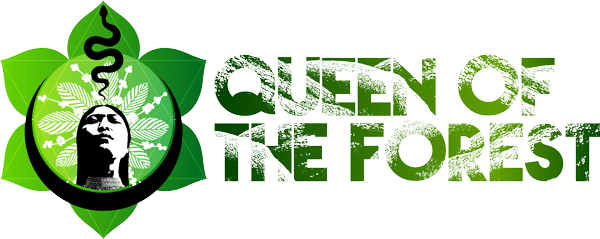Legal
Legal Matters – Oklevueha NAC Leaders Pow-Wow with Federal Legal Expert
In a broad ranging discussion, two American Native spiritual leaders reaffirmed the standing and respect leaders of the Federal Government hold for the Oklevueha Native American Church (ONAC) and her branches. The legal protections that members of ONAC have under the US Constitution, the Freedom of Religion (1st Amendment), the Religious Freedom Restoration Act (RFRA) and the Religious Land Use and Institutionalized Person’s Act (RLUIPA) were discussed and clarified.
Attorney Charles W. Galbraith (of the prestigious Kilpatrick Townsend law firm) was the White House Associate Director of Inter-Governmental Affairs and Public Engagement. He was instrumental in drafting the policies that confirm that the Federal Government respects the sovereignty of Native American Tribes and their ability to choose if they want to grow and sell cannabis and other plants on the reservations.
Galbraith emphatically declared that, by law, government agencies such as the Bureau of Indian Affairs (BIA) the US Forestry Service and the Department of the Interior have no legal right or authority to mandate or restrict what is sacred land or what is or is not a sacrament (called medicine by many tribes).
These sacraments (such as peyote, cannabis, san pedro, ayahuasca and many others) can be possessed and used by members in good standing of Native American Churches that meet the government defined requirements. At this time, the only large or broad based group that has been noted as meeting those requirements is Oklevueha NAC. These religious rights have been confirmed by a number of state, district and federal court cases including those brought before the Utah Supreme Court, US 9th Circuit Court, US 10th Appeals Court and the US Supreme Court.
Galbraith also stated that the government is bound by a standard known as the governmental compelling interest standard to not interfere with the religious lands, ceremonies or sacraments chosen by the individual branches of ONAC unless those items threaten the safety or rights of the members and others. Even if they find a cause of action, they are compelled to use the “least restrictive” way to further that compelling interest. This is further clarified by RLUIPA with mandates requiring that the courts exercise “strict scrutiny” of any proposed “substantial burden” upon religious freedoms before taking any action.
Also attending were James Mooney, co-founder and senior medicine person of Oklevueha NAC and Chris White, medicine person and leader of the ONAC of Virginia branch and one of the ONAC Council of Elders.
Mr. White asked what should be done when local law enforcement personnel arrest, detain and seize assets of members and leaders of ONAC in violation of these protections. Galbraith responded, “Co-operate and the Federal Government will take swift action to protect ONAC under the afore-mentioned legislation and 9th Circuit Court Case Law.
Clarifications were sought and received concerning ONAC member’s Civil Liberties and governmental views of the legitimacy of ONAC, Native American Ceremonies, Sacred Land protection and use and the relationship between Federally recognized Tribes in regard to Cannabis and other sacraments. Interstate commerce and transportation of sacraments and spiritual symbols are protected under RLUIPA.
Also discussed was the importance of these healing and empowering sacraments and ceremonies being made available to all people through the branches of ONAC. Mr. Mooney stated “I believe that Native American ceremonies are crucial to saving the country.” Mr. Galbraith responded with a hearty, “So do I!”
You can read more about ONAC and their spiritual work at www.nativeamericanchurches.org


